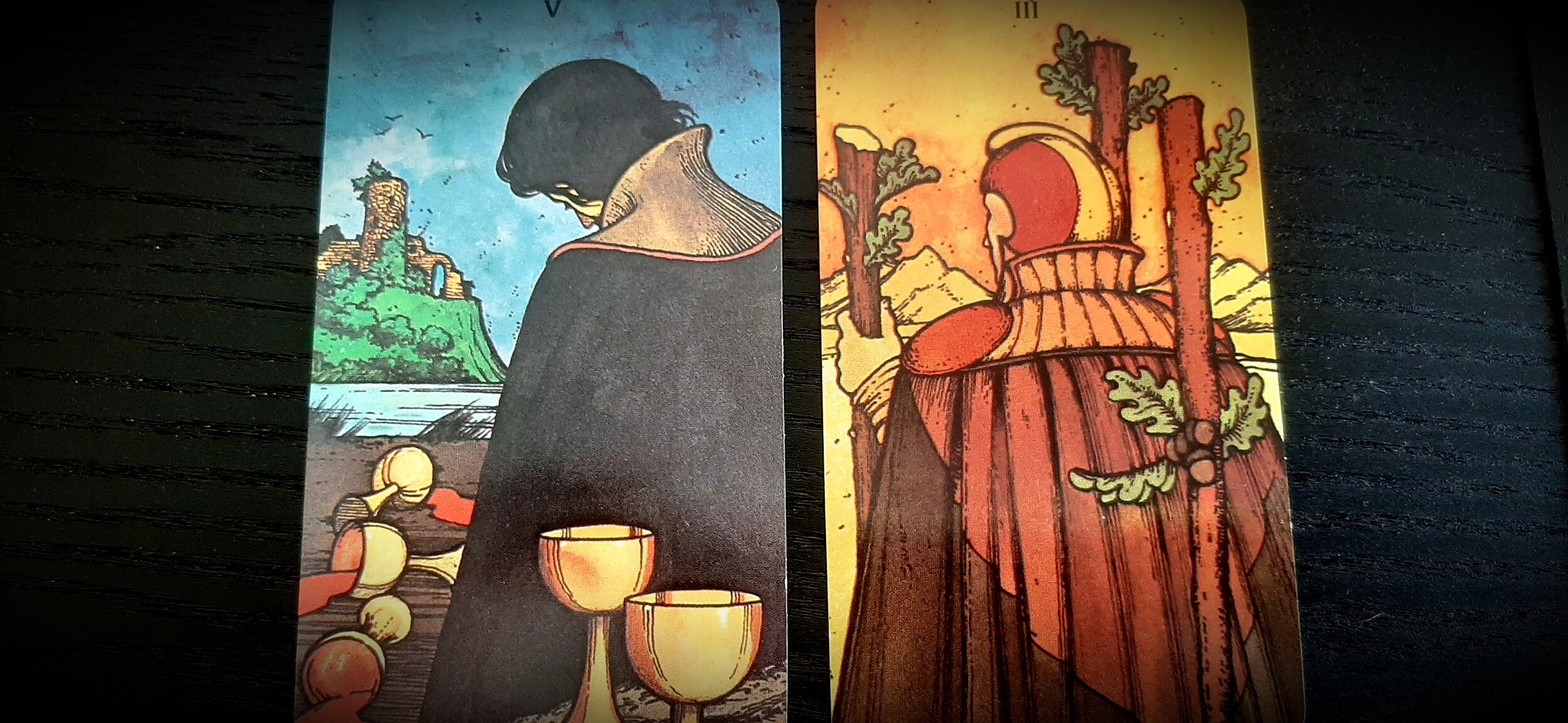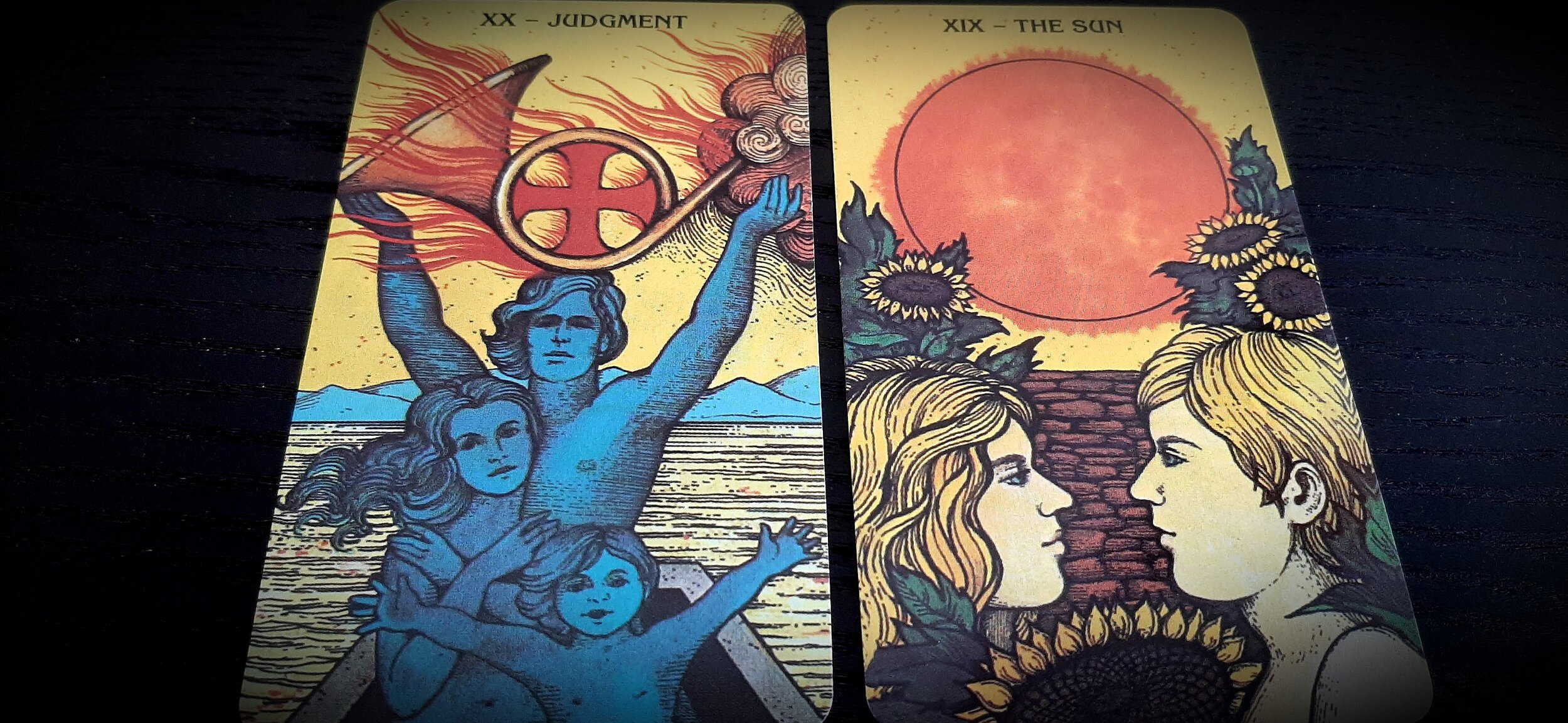Photo Credit: Tobias Bjerknes; @cloud_mind
Years ago I read a book by the psychologist Richard Carlson called, You Can Be Happy No Matter What. In this book Dr. Carlson discussed how suffering is largely in the mind. This idea is nothing new to those familiar with Buddhism but there’s something to be said about translating the concept using modern psychological terms.
I’ve thought of the messages in this book more than ever recently, due to what is going on in the world. The nature of each person’s reality certainly varies greatly but there’s nothing like a global pandemic and devastated economy to highlight and further exacerbate any disparities among us. How we each navigate our reality matters now, more than ever.
The question I always come back to is why do our realities differ so greatly? Not globally – that’s too broad a spectrum and the answers are more apparent. I mean that among those of us who enjoy the privileges of life in the First World and who have more than our baseline level of needs met, why are the realities we experience so varied? That’s certainly a larger question than I could ever attempt to answer in a blog, but I will address it here nonetheless.
This topic especially jumps out at me now via my readings with clients. My clients perfectly embody the gamut of reactions and effects of the global pandemic. Many have lost their jobs or have had their working hours reduced. Many are juggling having children at home while trying to work from home. More uncertainty pervades their daily lives than ever. A small number of my clients are relatively unaffected by the current happenings and an even smaller number are actually thriving.
What I notice among them all is how they each appear to live in different worlds. I say this without judgement but with fascination and curiosity. Some of my client’s whose lives look less than ideal on paper are joyful and hopeful when we meet. Indeed, their readings often reflect this. Their difficult circumstances are acknowledged but their experience of their reality is nonetheless positive.
Others are fraught with worry, panic, and sleepless nights. I must confess this is the group I understand more easily! Their inner thoughts and feelings seem to align with their outer conditions; there is no dissonance. I also understand where my clients who are doing well and feeling well are coming from. There is harmony between the fortunate circumstances of their lives and their enjoyment of those circumstances.
A card from The Wisdom of the Oracle by Colette Baron-Reid; Hay House, Inc.
One of my clients lives a seemingly charmed life. However, worries about her family members dominate and darken her reality. This brings me back to what Dr. Carlson states in his book. Unless we are literally in the middle of experiencing something painful or traumatic, it is only our thoughts about those events or situations that torment us. Most of us, right here and now, are actually fine. Our thoughts about the events or situations of our lives infiltrate and shape our reality, alongside what is actually happening.
It could be stated that our thoughts about our reality are not reality itself. However, I wonder if that ultimately isn’t true? We partner our thoughts with the happenings of our lives and an interwoven reality materializes. This creates so many different versions of reality, no matter the life circumstances. Our thoughts about ourselves and our lives might be even more powerful than what actually occurs in daily life.
Can the question of why some people whose life conditions are painful still experience happiness be answered? Why do some people with apparently blessed lives suffer? Our reality as individuals and as a collective diverge and deviate from the alleged consensus reality. Something one person views as a blessing, another may view as a curse. This could very well come down to mindset, which I will cover in another blog. For now, just know your reality is shared, and yet it is very much your own. How do you feel about this statement and how will your feelings about this influence your reality?





